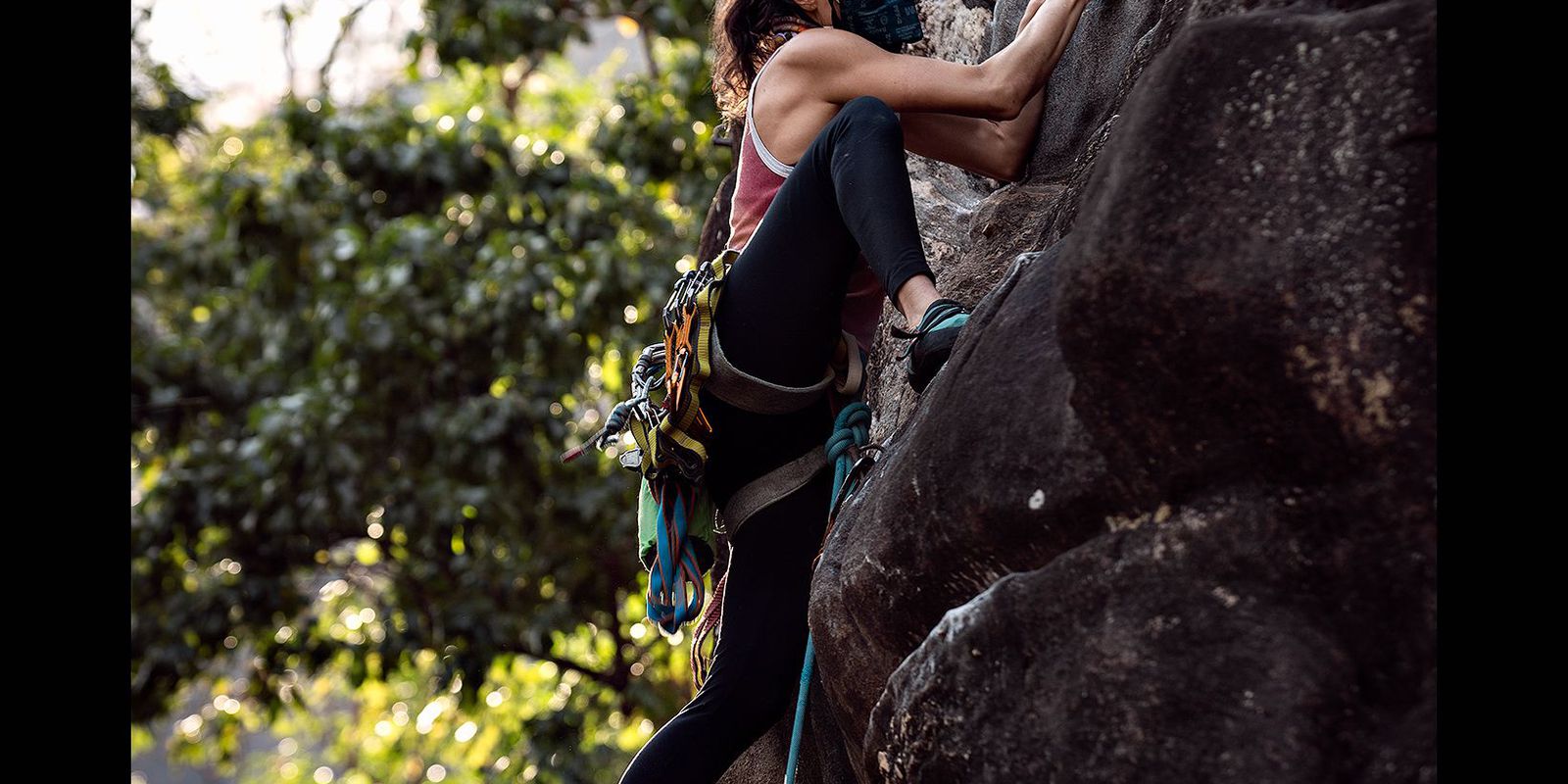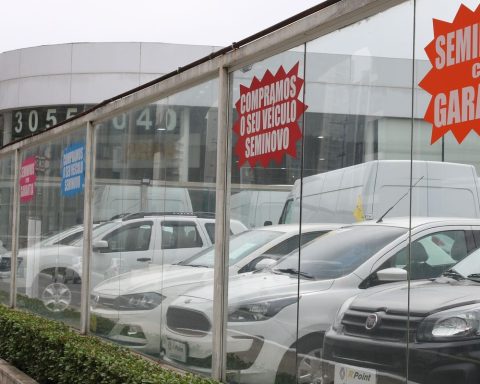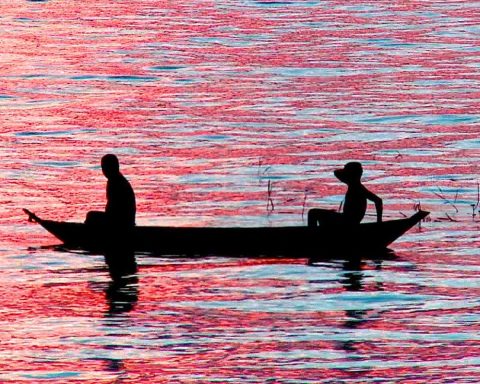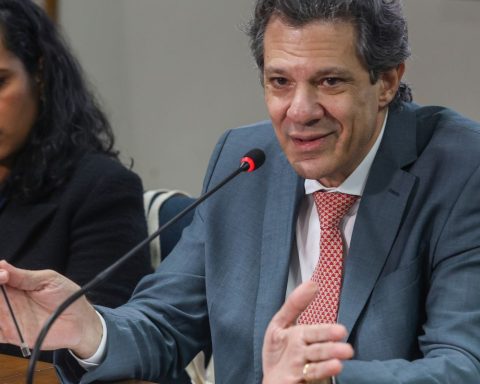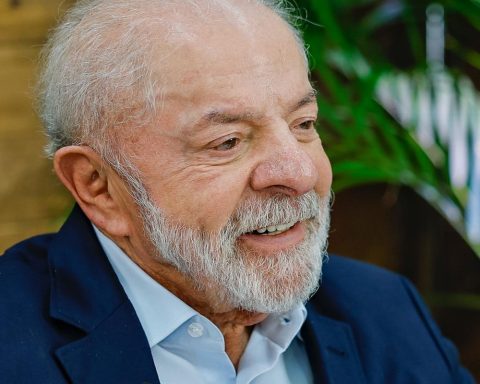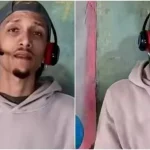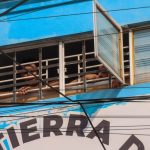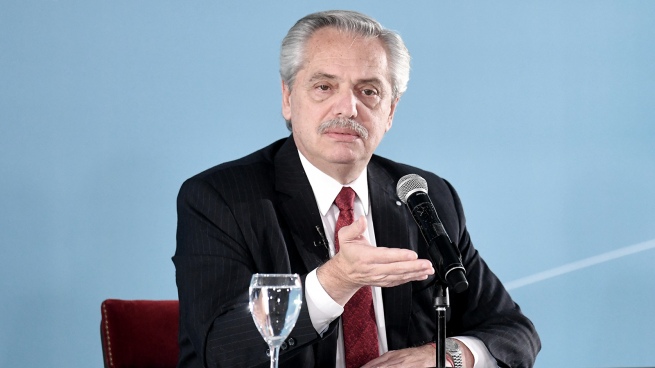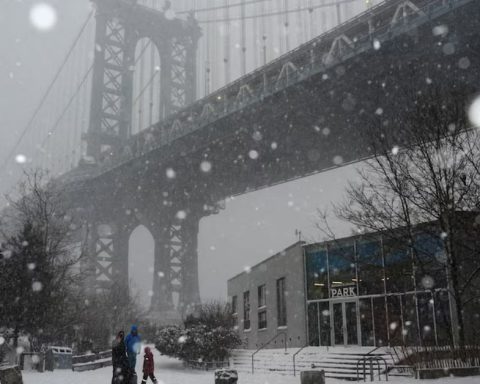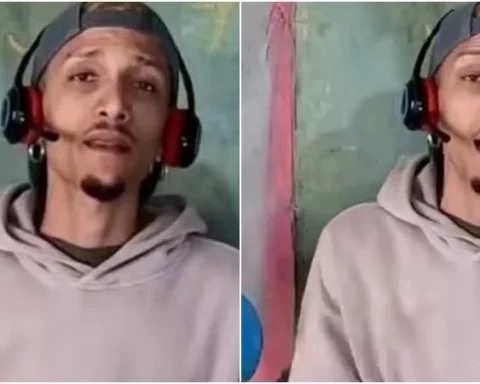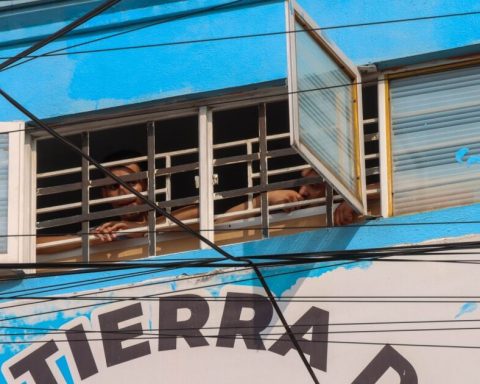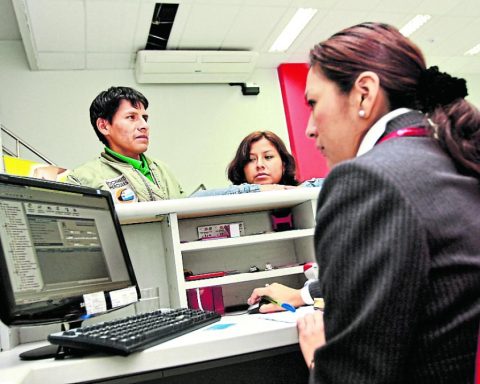The last 30 days have been intense for Marina Dias. The 39-year-old from São Paulo, who had never competed outside the country, participated in two stages of the paraclimbing World Cup, being the first Brazilian to compete in an international tournament of the modality. The debut, at the end of May, came with a gold medal in Salt Lake City (United States). Last week, in Innsbruck (Austria), she won bronze.
To compete in Salt Lake City and Innsbruck, Marina had licenses and inscriptions paid for by the Associação Brasileira de Escalada Esportiva (ABEE) and obtained part of the travel budget through an amateur sport support program run by the city of Taubaté (SP), where live. The other portion was funded with own resources. Before going to Austria, she even made an “online crowdfunding” to help with expenses (airfare, land transport, food and accommodation), valued at almost R$ 16 thousand, raising about R$ 3.5 thousand.
Unlike rock climbing, which entered the Olympic program at the Tokyo Games (Japan) and was maintained for Paris (France) in 2024, paraclimbing (yet) is not part of the Paralympic movement, which hinders the search for financial support. The modality is quoted to enter the Paralympics only from 2028, in Los Angeles (United States).
“I think from the moment that [a paraescalada] become Paralympic, we will have more visibility and support. It will depend a lot on the number of athletes that compete in the world circuit. especially in the last [dois] years, because of covid-19, there was not a very large number of athletes. I hope this is taken into account. My going to competitions has that side, too. I know that, with more athletes competing, the chances of paraclimbing becoming a Paralympic sport increase and contribute to the consolidation of climbing in the Olympics”, said Marina, to Brazil Agency.
Since 2009, Marina has the left side of her body affected by multiple sclerosis, a degenerative disease. She used to run, but the pain made her look for other physical activity and led her to climbing. The passion was immediate.
“I know how difficult it can be, sometimes, to build up the courage to have an active life when your body is not obeying. There are several studies that show that the practice of physical activity is good for people with multiple sclerosis and tend to decrease the disease progression. So, climbing is not just a sport, it is a lifestyle. We climb, train in the gym, but also climb in nature. With climbing, I manage to have this healthier lifestyle, which takes me to beautiful places and are good for your health”, he explained.
Marina started competing in 2020, just before the pandemic, starting to combine more intense training with work. She is also a professor at the Institute of Science and Technology (ICT) of the Federal University of São Paulo (Unifesp) in São José dos Campos (SP), a municipality neighboring Taubaté.
“I work [na universidade] all day and only train at night, which, if you compare it to a professional athlete, is not enough. If climbing becomes Paralympic, I think I will have to negotiate a journey reduction, something like that, to dedicate myself more to training. [risos]. I have a lot of persistence, I think it’s a positive point for me”, said the paulista, who has a doctorate in Chemical Engineering.
Participation in national tournaments accredited Marina to represent Brazil in competitions outside the country. In addition to the unprecedented opportunity to face rivals from abroad, she would have the challenge of facing walls bigger than the ones she was used to climbing. The one in the gym where she trains, for example, is nine meters high, half the height she had to climb in Salt Lake City.
“We almost don’t have gyms like that in Brazil, so I trained to gain resistance and get to the end. I believe that the athletes I face are used to this type of wall. When I got there, I tried to train in a gym to at least put your hand in the grips [peças fixas que escalador utiliza para subir], because they are different from what we are used to. We need to know where it is good and it will be safe. In the end, I think the preparations worked out and I won the medal,” he recalled.
The competition in Innsbruck was Marina’s last in 2022. She still intended to compete in the Villars (Switzerland) stage of the World Cup in July, taking advantage of the fact that she was in Europe, but the financial issue weighed heavily. The calendar for next year has not yet been released, but the main event of the paraclimbing will be the World Championships, in Bern (Switzerland), between 1st and 12th of August. The paulista hopes to be there to, who knows, repeat the feat of Raphael Nishimura, current president of ABEE and the first Brazilian to reach the podium in the competition with the silver medal in the 2012 edition, in Paris.
Modality
Paraclimbing has four classes, all with subcategories in which athletes are distributed by degree of comorbidity – the lower the number, the greater the impairment. The RP class brings together climbers with disabilities that impact range and strength and is divided into RP1, RP2 and RP3 (in which Marina competes). In class B (blind) are the visually impaired athletes, who can count on the support of a guide (who guides them through a headset), separated into B1, B2 and B3. The AL and AU classes, respectively aimed at athletes with limitations in the lower and upper limbs, have two subcategories each.
